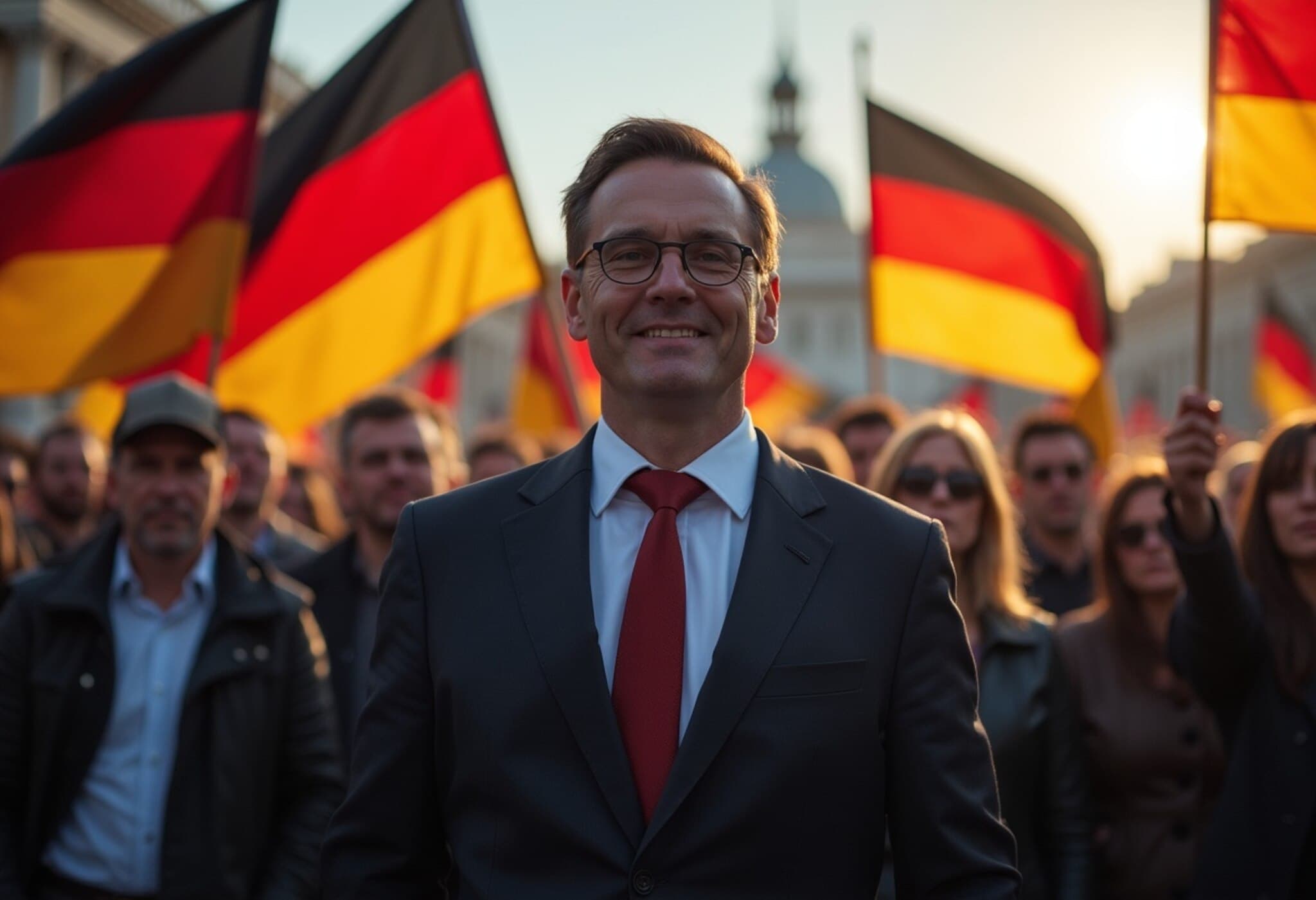The Surge of New Political Extremes in Germany
In recent years, Germany has witnessed a notable shift in its political landscape, with an increasing number of voters gravitating toward new political factions often labeled as extreme or radical. This movement, amplified in 2025, raises pressing questions about the underlying social, economic, and political forces driving this change.
Understanding the Roots of Political Discontent
Germany, long celebrated for its stable post-war democracy, is experiencing a wave of political realignment. Experts suggest this transformation stems from a mix of economic disparities, migration debates, and cultural anxieties. Analysts like European correspondent David Crowe highlight that many citizens feel alienated by traditional parties' inability to address these complexities effectively.
For many voters, the emergent parties offer a voice to frustrations unheard in mainstream discourse, leveraging powerful narratives about national identity, sovereignty, and socioeconomic grievances.
The Spectrum of New Political Players: Extremism or Legitimate Protest?
Labeling these new entities as 'extremist' or 'Nazis' remains contentious and, at times, oversimplifies the nuanced motivations of their supporters. While some leaders promote overtly nationalist or exclusionary rhetoric, others emphasize sovereign democracy and social justice from alternative perspectives.
Experts caution against conflating diverse political ideologies, arguing instead for a contextual understanding that recognizes genuine democratic protests alongside worrying radicalization trends. The complexity invites policy analysts to look beyond surface labels and investigate the roots of voter dissatisfaction.
Impact on German and European Politics
- Domestic Policy Shifts: Traditional parties face pressure to re-evaluate policies on immigration, welfare, and economic reforms.
- European Union Dynamics: Germany's political recalibration could influence EU leadership and integration debates, impacting regional stability.
- Social Cohesion Challenges: The rise of radical parties fuels polarization, potentially disrupting Germany’s commitment to multiculturalism and inclusivity.
Expert Insight: Navigating Democracy’s Evolution
Political analysts emphasize that democracies inherently evolve through cycles of contestation and change. Germany's current political currents mirror global patterns where citizens seek alternatives amid rapid social transformation.
Recognizing this trend as a democratic signal rather than a mere threat could prompt more inclusive, responsive governance. It also surfaces broader questions about how established democracies can better engage disenfranchised populations and counteract divisive narratives without stifling legitimate political expression.
Looking Forward: Challenges and Opportunities
German society stands at a critical juncture. Balancing the need to uphold democratic values while addressing the contours of political dissatisfaction requires measured dialogue, policy innovation, and community engagement. As these new parties continue to reshape the electoral landscape, their rise serves as both a warning and an opportunity for systemic renewal.
Key Questions for Policy Makers and Citizens
- What systemic reforms can bridge the trust gap between voters and traditional institutions?
- How can Germany foster social cohesion amid rising political polarization?
- What role should education and media literacy play in countering extremist ideologies?
Editor’s Note:
This evolving political scenario in Germany challenges observers to consider how democracies adapt when confronted by voices from the fringes. It prompts reflection on the balance between safeguarding democratic norms and embracing political plurality that reflects societal complexities. For readers, the question remains: how should societies respond when political extremes gain momentum, and what does this reveal about the health of contemporary democracy?











